10 On-Screen Romances That Taught Us the Wrong Lessons About Love
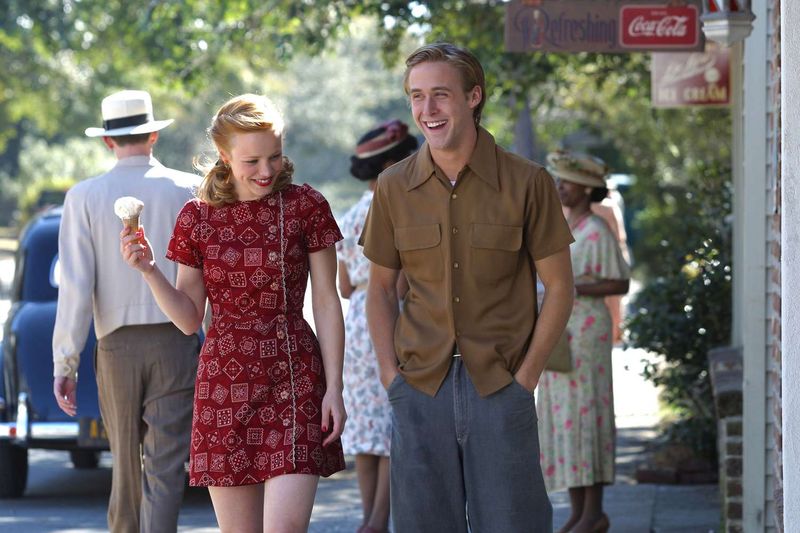
In the realm of film and television, romance often takes center stage, captivating audiences with tales of love and passion. However, not all on-screen romances offer healthy or realistic portrayals of relationships. Many perpetuate myths and misconceptions, leaving viewers with skewed ideas about what love should look like. From romanticizing obsession to glamorizing power imbalances, these narratives can influence our perceptions and expectations. Here, we explore ten iconic on-screen romances that, rather than providing a realistic blueprint for love, mislead us with unhealthy dynamics, unrealistic ideals, and problematic themes. These stories highlight the need to critically engage with the media we consume and question the lessons they impart.
1. Ross & Rachel from Friends
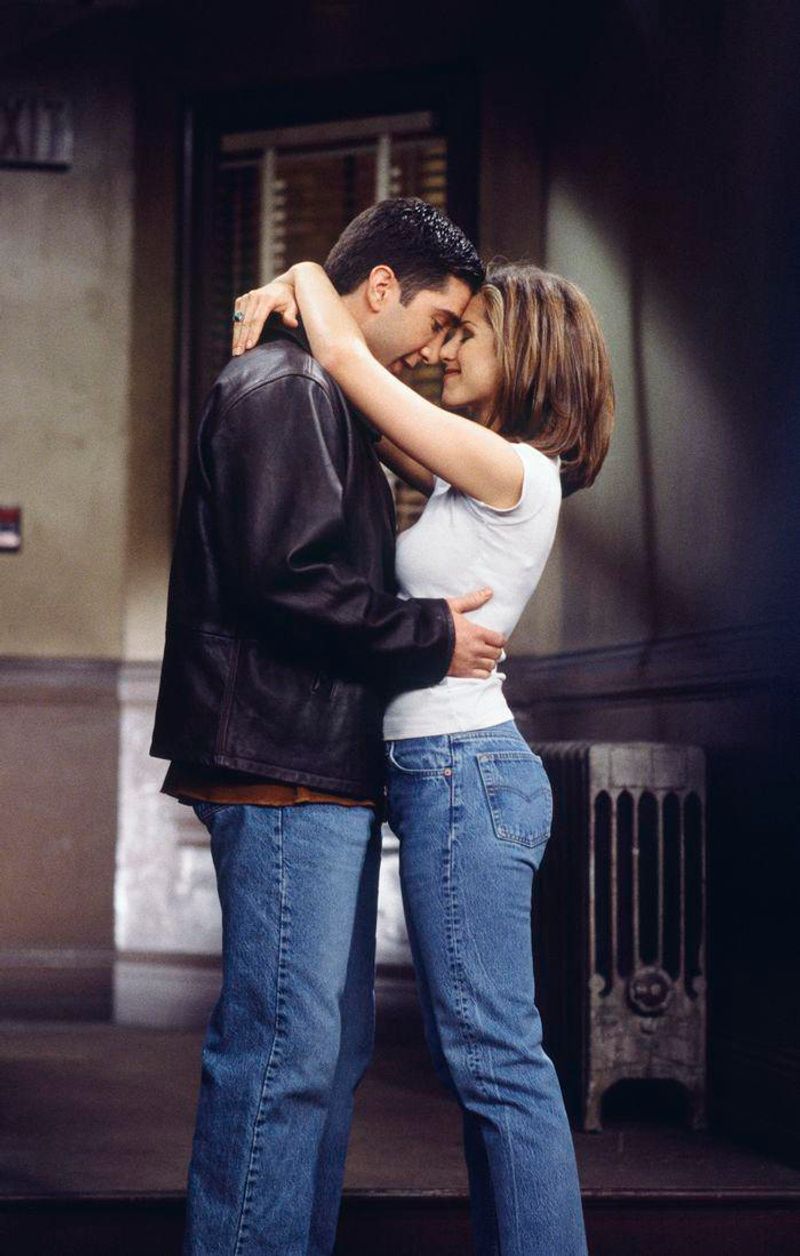
Few couples are as iconic as Ross and Rachel. Yet, their on-again, off-again relationship promotes inconsistency in love. Their constant misunderstandings and breakups suggest that love is chaotic.
Moreover, Ross’s jealousy and Rachel’s indecisiveness lead to unnecessary drama, painting an unhealthy picture of romance.
While their chemistry is undeniable, the series often relied on conflict rather than communication. The lesson here is about the importance of stability and trust, not just passion.
2. The Notebook (Noah & Allie)

The Notebook’s love story, featuring Noah and Allie, is often hailed as the pinnacle of romance. Yet, it presents an intense obsession as a love ideal. The narrative suggests that true love means never letting go, even when it borders on unhealthy fixation.
Their relationship romanticizes memory loss as a love enabler, where Allie’s dementia serves as a plot device rather than a real-life challenge. Their dynamic emphasizes grand gestures over meaningful communication.
Ultimately, this portrayal can mislead viewers into believing that persistence, even when boundaries are crossed, is the ultimate testament to love.
3. Twilight (Bella & Edward)
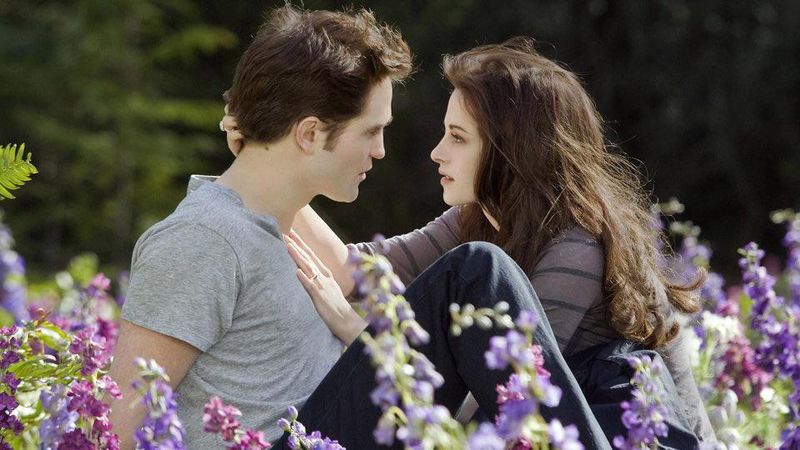
Twilight’s romance between Bella and Edward introduces a relationship built on protection and sacrifice. Edward’s age and power imbalance over Bella is painted as alluring rather than concerning.
Bella’s willingness to give up everything for Edward is framed as the ultimate romantic gesture. This narrative underscores the idea that true love involves complete surrender of personal ambitions and identity.
Such portrayals can perpetuate the notion that dependency and control are acceptable facets of romantic relationships, overshadowing the importance of equality and mutual respect.
4. Gossip Girl (Chuck & Blair)
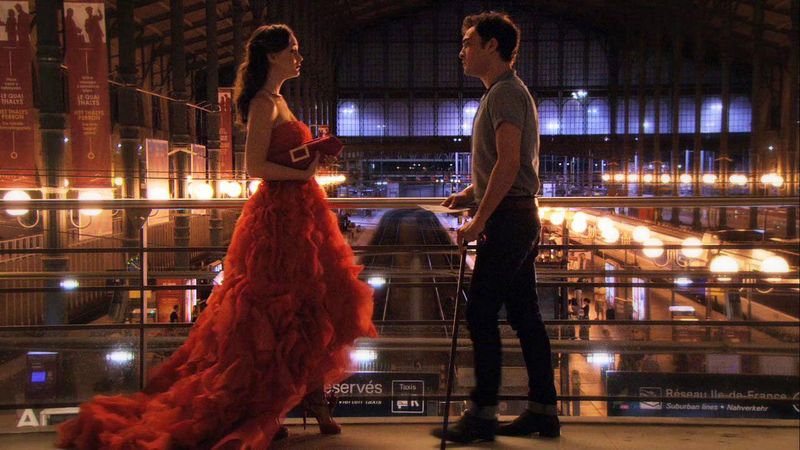
The on-again, off-again drama of Chuck and Blair in Gossip Girl glamorizes manipulation and jealousy as intense passion. Their relationship thrives on secrecy and betrayal, suggesting that games and deceit are part of deep love.
Their dynamic is marked by a constant power struggle, where emotional turmoil is romanticized. The show’s portrayal can mislead viewers into equating toxic dynamics with romance.
Such narratives downplay the significance of trust and communication, promoting a flawed perception of what constitutes a healthy relationship.
5. Fifty Shades of Grey (Anastasia & Christian)
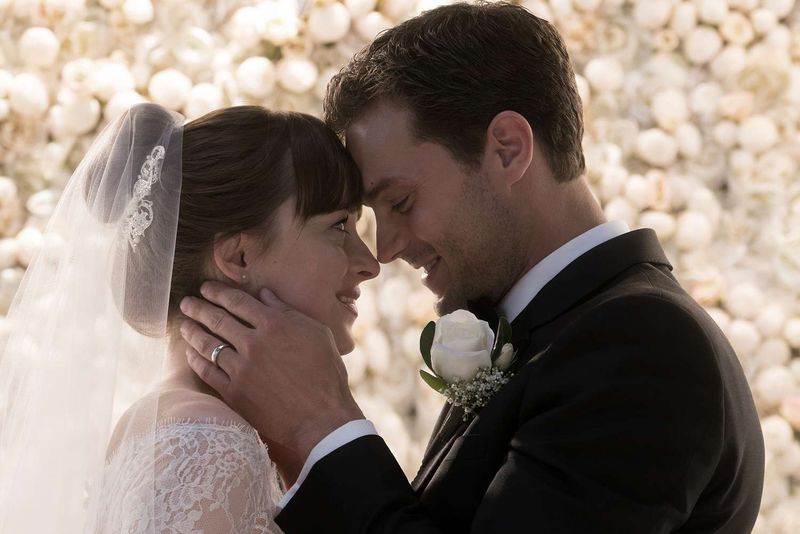
In Fifty Shades of Grey, the relationship between Anastasia and Christian is centered around control and power imbalance. Christian’s emotional volatility and need for control are portrayed as alluring traits.
Anastasia’s role in trying to ‘fix’ Christian suggests that love is about enduring and changing someone rather than mutual growth. This dynamic can mislead viewers about the nature of healthy relationships.
By presenting dominance and submission as romantic, the narrative overlooks the importance of equality and emotional safety in love.
6. 10 Things I Hate About You (Kat & Patrick)
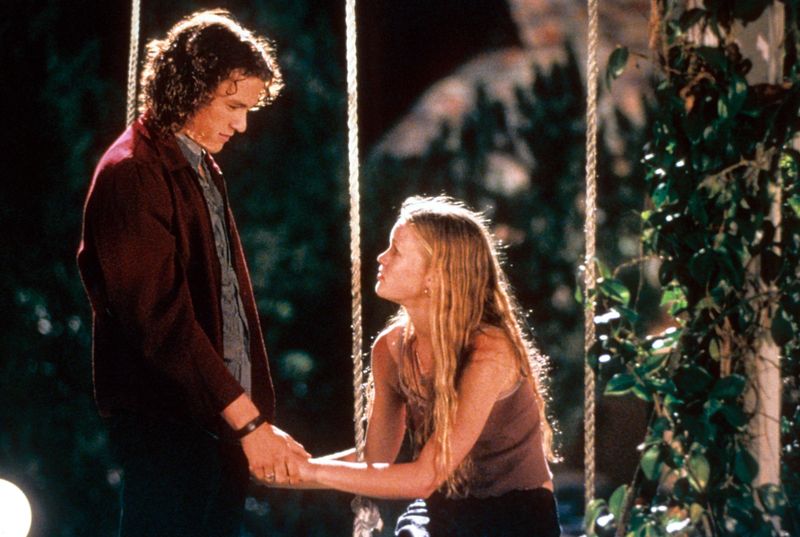
The film 10 Things I Hate About You presents the ‘bad boy wins the girl’ trope through Kat and Patrick. Patrick’s initial manipulation to win over Kat is portrayed as charming rather than deceitful.
The narrative suggests that transforming someone is a sign of love, which can mislead viewers into thinking change is necessary to earn affection. This trope often downplays personal boundaries for the sake of romance.
Such portrayals may foster the belief that manipulation and transformation are acceptable in relationships, overshadowing genuine respect and acceptance.
7. Pretty Woman (Vivian & Edward)
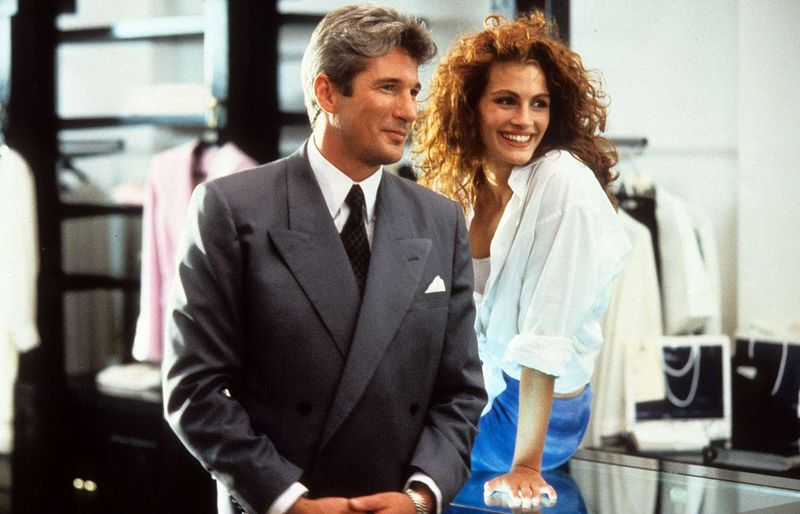
Pretty Woman romanticizes a Cinderella-like transformation through the relationship of Vivian and Edward. The fantasy of being rescued from a life of hardship by a wealthy partner is depicted as the ultimate romantic dream.
This narrative suggests love can be found through socio-economic transformation, simplifying complex realities of love and partnership. The movie glosses over the challenges of different backgrounds and expectations.
By focusing on material change as a conduit for love, viewers might overlook the value of emotional connection and shared values.
8. La La Land (Mia & Sebastian)
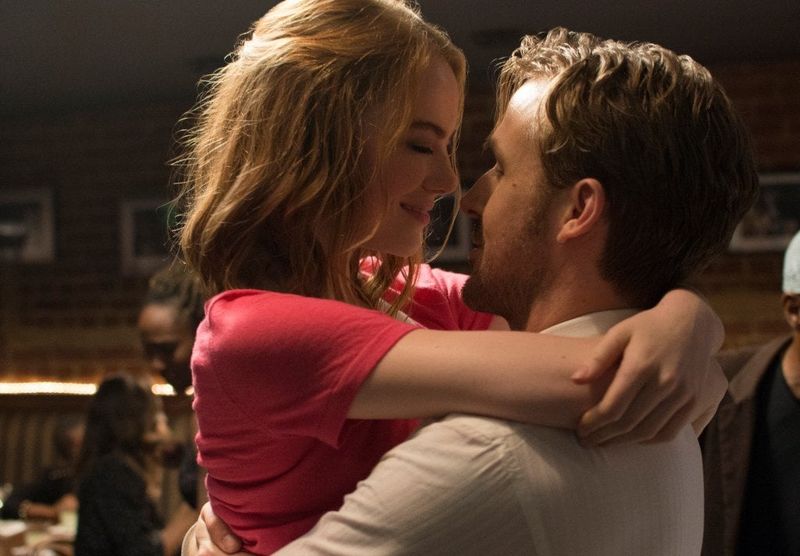
La La Land offers a bittersweet portrayal of love through Mia and Sebastian. Their relationship suggests that pursuing dreams might require sacrificing love, intertwining ambition with romantic fulfillment.
While visually stunning, the narrative implies that success inevitably leads to losing something dear. This theme can mislead viewers into believing that love and ambition are mutually exclusive.
By promoting the idea of choosing between personal goals and relationships, it overlooks the possibility of nurturing both simultaneously in real life.
9. 500 Days of Summer (Tom & Summer)
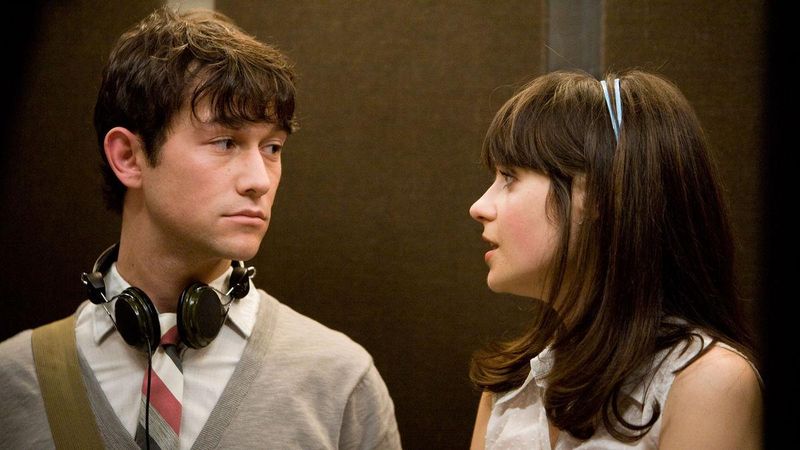
500 Days of Summer presents a refreshingly non-linear story of Tom and Summer. However, it romanticizes Tom’s hope that Summer will change her mind about their relationship.
This dynamic promotes the idea that waiting for someone to change is a romantic gesture, rather than a misunderstanding of personal boundaries and desires. Tom’s idealization of Summer skews his perception of love.
Such narratives can mislead viewers into holding onto unrealistic expectations, bypassing the importance of mutual respect and understanding in love.
10. Gone Girl (Nick & Amy)
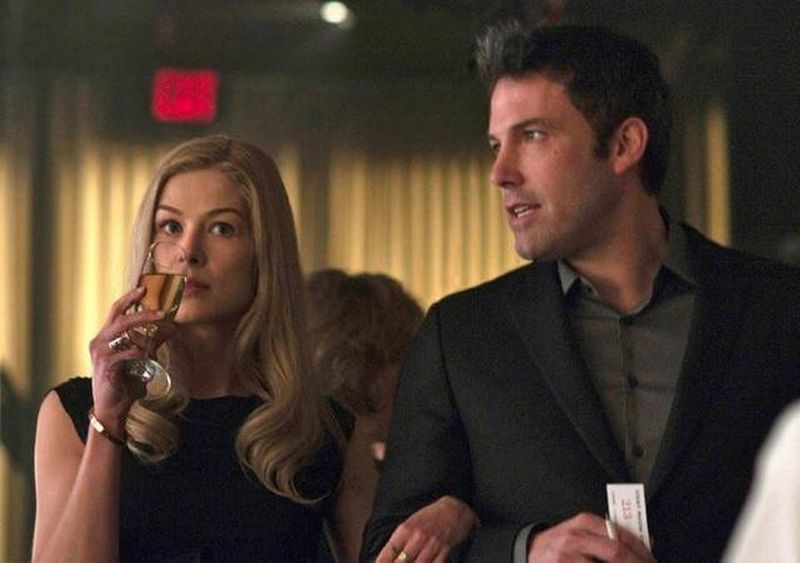
Gone Girl offers a dark narrative of love through Nick and Amy, where manipulation and deceit are central themes. This intense depiction can blur the line between passion and dysfunction.
Their relationship is marked by extreme actions and psychological games, suggesting that love is intertwined with conflict and control. Such portrayals can mislead viewers into equating toxic dynamics with intensity.
By romanticizing dysfunction, the story overshadows the significance of healthy communication and mutual respect, distorting perceptions of true love.

Comments
Loading…